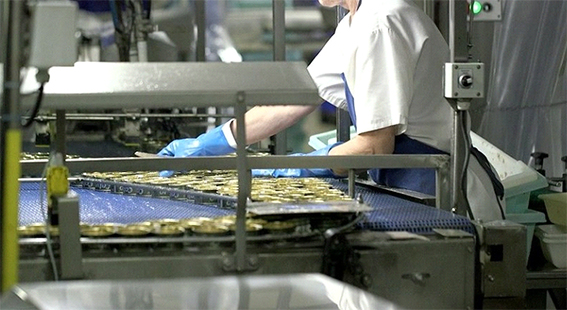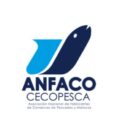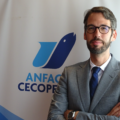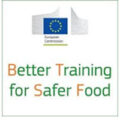Maintain reduced VAT for all fishery products. This is one of the 30 measures that the business association ANFACO-CECOPESCA sent to those responsible for the political programs, in view of the general elections on the 23rd. This document covers a total of nine areas, including legislative aspects and requests for positioning in Brussels before the Spanish presidency of the European Union.
Roberto Alonso, secretary general of Anfaco-Cecopesca, pointed out that “It is a time of special importance, marked by a series of events that have been weighing down business competitiveness and reduced consumption due to inflation. Therefore, we approach the preparation of this proposal with great responsibility and urgency, demanding that the sector be actively listened to, and thus incorporate our measures in an effective way, designed by and for the future”.
From the aforementioned association, they also propose to policy makers the creation of a General Directorate of the sea-industry complex, the need to increase industrial competitiveness or the creation of a channel for the sea-industry complex to facilitate its protection under the Food Chain Law, provide legal certainty with a stable legal framework, attract investment, employment, promote consumption and generate competitiveness in the sea-industry complex.
Alonso indicated that
“the new government should make the fisheries sector a priority, positioning a Spaniard as the new commissioner in charge of fisheries affairs as of 2024, as well as promoting a greater number of Spaniards in management positions in the European Commission”.
Quality, food safety and sustainability are also present in the document prepared by Anfaco-Cecopesca. Limiting the fraud of imitation vegan products, harmonizing NUTRI-SCORE with the conclusions of the European Commission, promoting a review of the protective role of selenium in fish and seafood and including the cost of recycling single-use plastic in the purchase receipt in order to raise public awareness are some of the measures proposed.
Finally, Afaco’s secretary general recalled that Thailand and Indonesia are a clear example of a threat by not guaranteeing a ‘level playing field’. “public-private collaboration in fairs, missions, tastings and campaigns under the Spain brand, aid to companies and equal conditions in EU trade agreements, with rigorous impact studies and, in the case of canned tuna, the main seafood product, its total exclusion as it is considered sensitive”.











